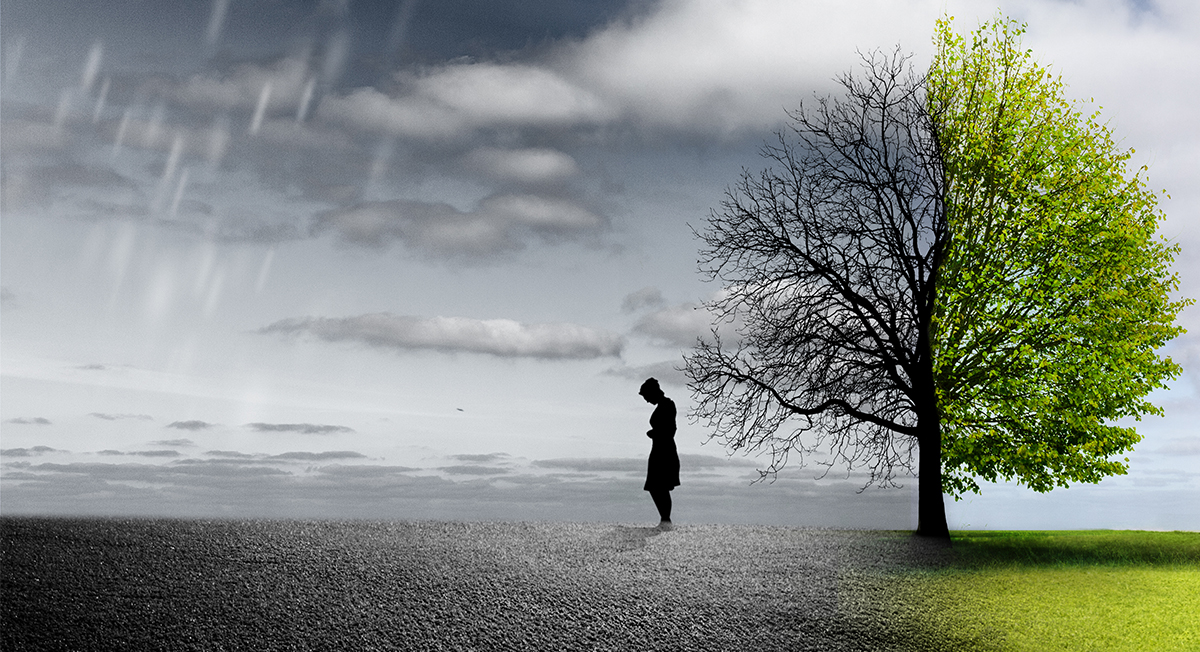Kerby Anderson
A new term in psychology is eco-anxiety. Americans feel panic because of the hyperbole surrounding climate change. The chief science officer at the American Psychological Association concludes that existential concerns about the planet are now “impairing our ability to function every day.”
A few weeks ago, a Scientific American article concluded that, “There’s growing recognition in the field of psychology that people are experiencing distress over climate change.” Three years ago, the Yale Program on Climate Change Communication report found that nearly a third (29%) of Americans were “very worried” about the environment. They also noted that this was “the highest level since our surveys began.”
I have found that the younger you are the more likely you are to be in fear about the environment. Schools have been spreading fear about an environmental apocalypse, which has also been amplified by the media. The phrase “climate change” has been modified to “climate emergency” and even “climate catastrophe.”
A recent report from the Texas Public Policy Foundation illustrated the impact on young people. “Some teenagers today are more concerned about the environment than going to school or taking care of themselves, which is incredibly damaging to a child’s development.”
The inflamed rhetoric and hyperbole have become so bad that Michael Shellenberger wrote his book, Apocalypse Never, to counter the “exaggeration, alarmism, and extremism” of the radical environmentalists. Dr. Steven Koonin, who worked for President Barack Obama in the US Department of Energy, wrote his book, Unsettled: What Climate Science Tells Us, What It Doesn’t, and Why It Matters.
Eco-anxiety has hit the American people, even though the facts don’t warrant this reaction.
 Listen Online
Listen Online Watch Online
Watch Online Find a Station in Your Area
Find a Station in Your Area











 Listen Now
Listen Now Watch Online
Watch Online
